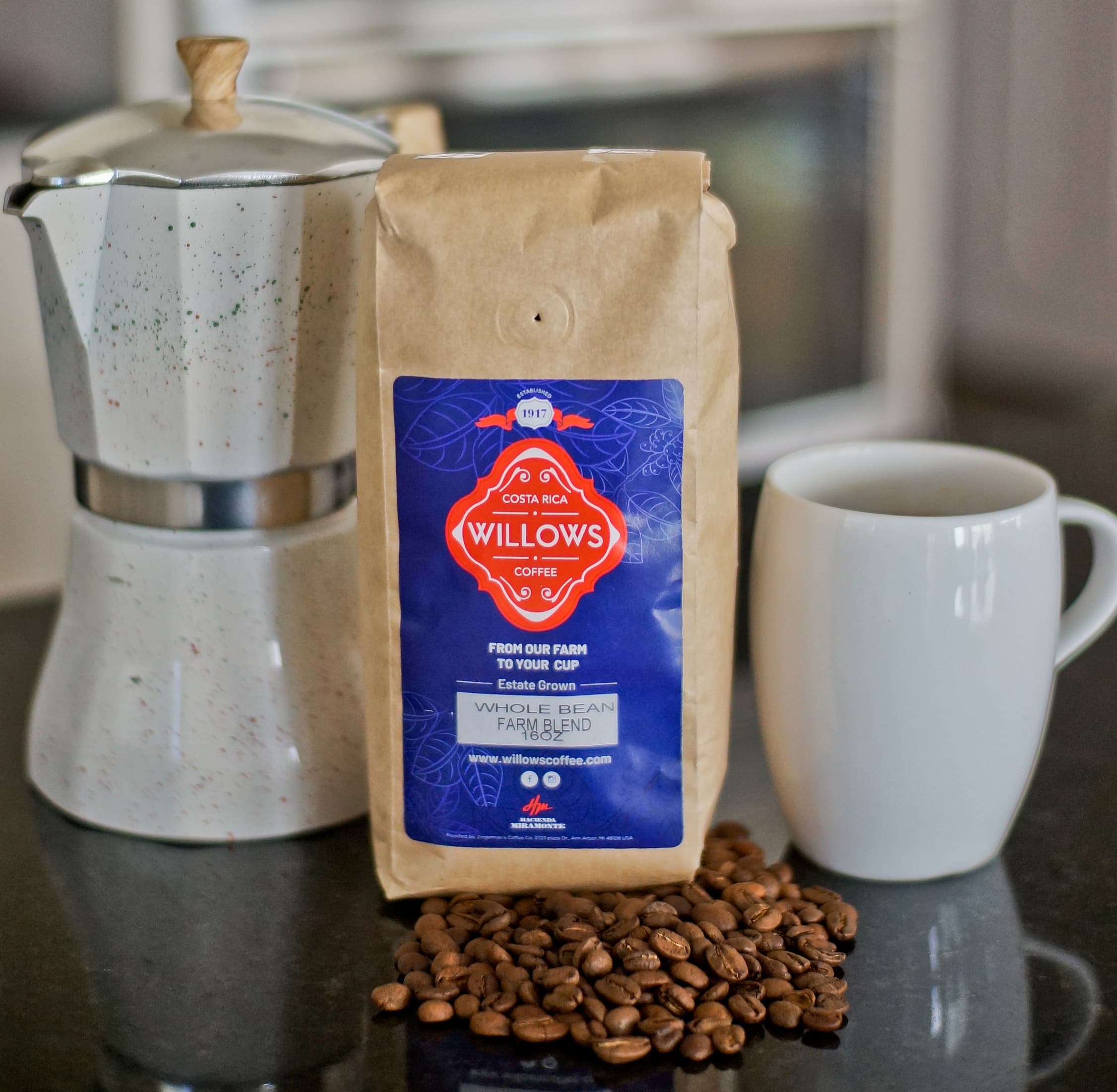
Understanding Coffee Quality: Why Willows Coffee Stands Above the Rest
At Willows Coffee, we pride ourselves on offering only the highest quality specialty coffee. One of the significant issues plaguing low-quality coffees is the presence of mycotoxins. Understanding these harmful compounds and how they end up in your cup can help you make informed choices about the coffee you consume.
What Are Mycotoxins and Which Coffees Are They In?
Mycotoxins, such as aflatoxin and ochratoxin, are toxic compounds produced by certain types of mold. These can develop on green coffee beans that have been poorly stored, processed, or harvested. Mycotoxins are most commonly found in low-quality coffees, often referred to as commodity coffees, which are traded on the New York Stock Exchange (NYSE).
Commodity coffees are typically produced on farms where workers receive extremely low wages, and in some cases, child labor and indentured servitude are involved. These coffees are often sold as cheap blends, instant coffees, and bulk food service coffees. Beyond coffee, mycotoxins can also be found in low-grade nuts, grains, organ meats, and spices.
How Can I Avoid Mycotoxins in My Coffee?
To avoid mycotoxins in your coffee, it’s crucial to purchase from companies that source specialty-grade coffees. Specialty-grade coffees undergo rigorous quality control processes to ensure they are free from molds and defects. These coffees are assessed and scored over 80 out of 100 by a certified Q Grader.
About 20 to 30 years ago, the specialty coffee industry began implementing quality controls throughout the supply chain. This shift not only removed defects but also improved wages for workers by directly associating coffee quality with the compensation producers receive. Today, specialty coffee is offered by reputable places like Willows Coffee, Blue Bottle, Starbucks, and Stumptown.
Why Are Mycotoxins Found in Some Coffees?
Mycotoxins are found in low-quality coffees because chronically underpaid farmers have little incentive to ensure their coffee is free from defects. These coffees are often sold by the container, emphasizing low prices over quality. The burlap bags used for storage and transport are permeable, allowing moisture absorption, which can lead to mold growth.
In contrast, the specialty coffee industry compensates farmers to harvest better quality coffee cherries and process them cleanly and consistently. Specialty coffee buyers protect their investment by sealing the coffee in moisture-resistant bags. Trained Q graders and cuppers assess the coffee for mold multiple times, downgrading any batches where mold is detected.
The High Standards of Costa Rican Coffee
Costa Rica is renowned for its high standards in coffee production. The country’s favorable climate, rich volcanic soil, and dedication to sustainable farming practices result in some of the finest coffee beans in the world. Costa Rican coffee farms adhere to strict regulations to ensure the highest quality, which includes meticulous attention to the harvesting and processing of coffee cherries.
At Willows Coffee, we source our beans from these high-standard farms in Costa Rica, ensuring that every cup you enjoy is free from mycotoxins and other defects. The rigorous standards upheld by Costa Rican coffee producers align perfectly with our commitment to quality and sustainability.
Why Choose Willows Coffee?
At Willows Coffee, we are committed to sourcing only the finest specialty-grade coffee. Our beans are meticulously harvested, processed, and stored to ensure they are free from mycotoxins and other defects. Our commitment to quality extends beyond the product itself; we believe in fair wages and ethical treatment for all workers involved in producing our coffee.
When you choose Willows Coffee, you are choosing a product that not only tastes exceptional but also supports sustainable and ethical farming practices. Enjoy your coffee with peace of mind, knowing that every cup from Willows Coffee is crafted with care and integrity.
Viviana Gurdian-Roquebert


